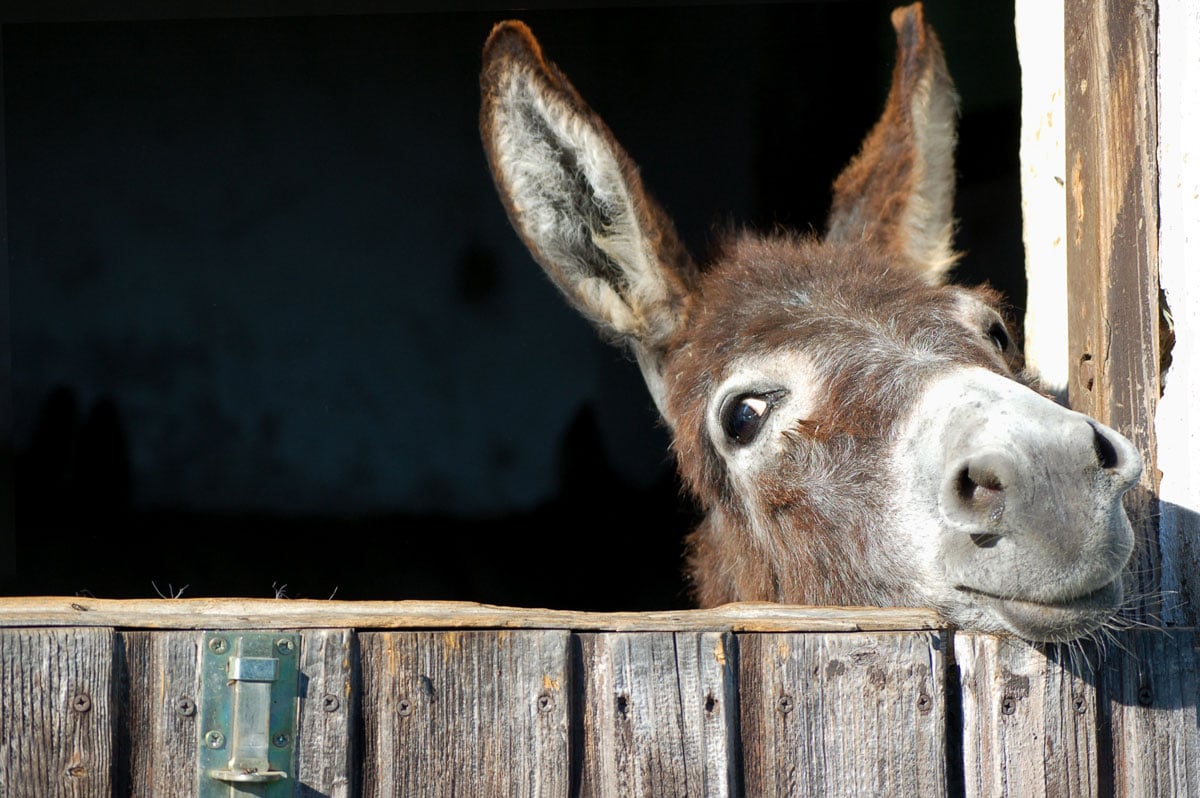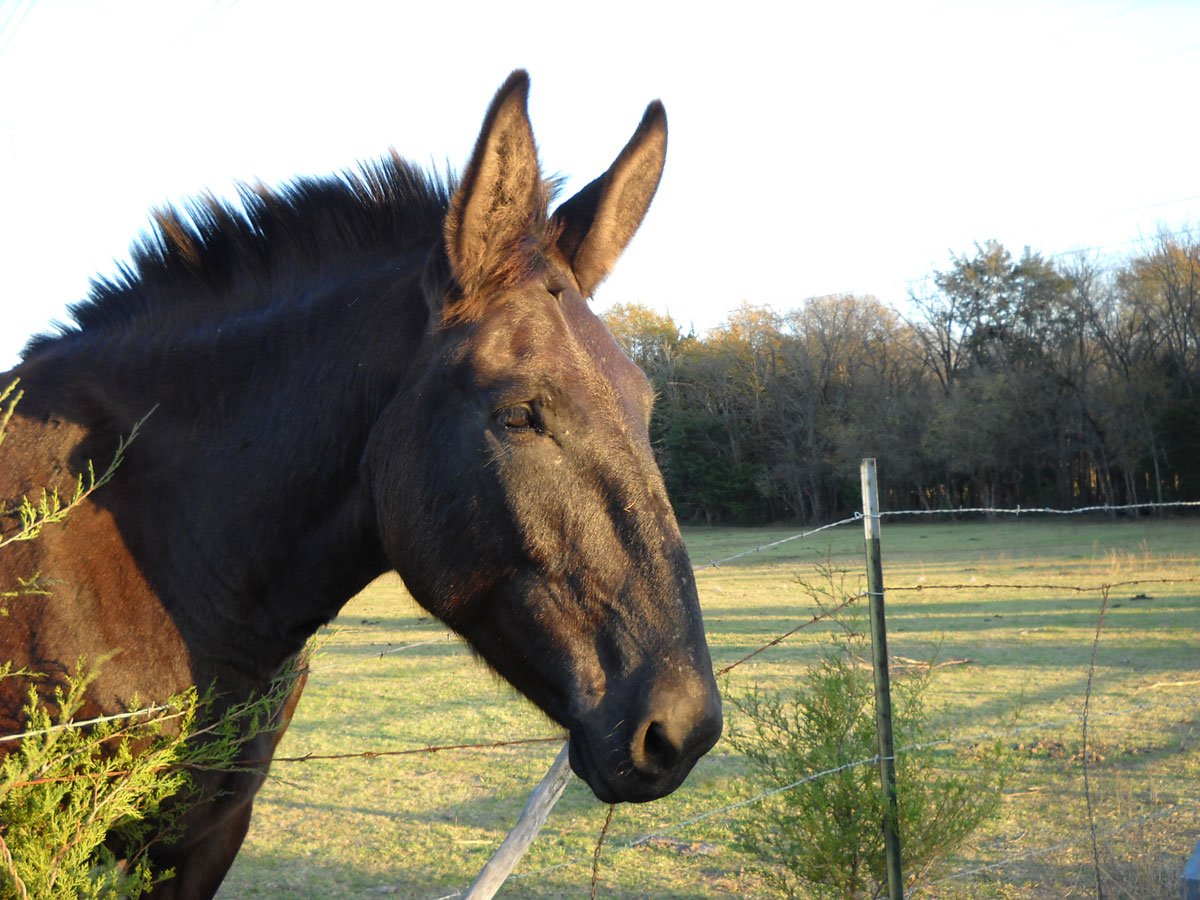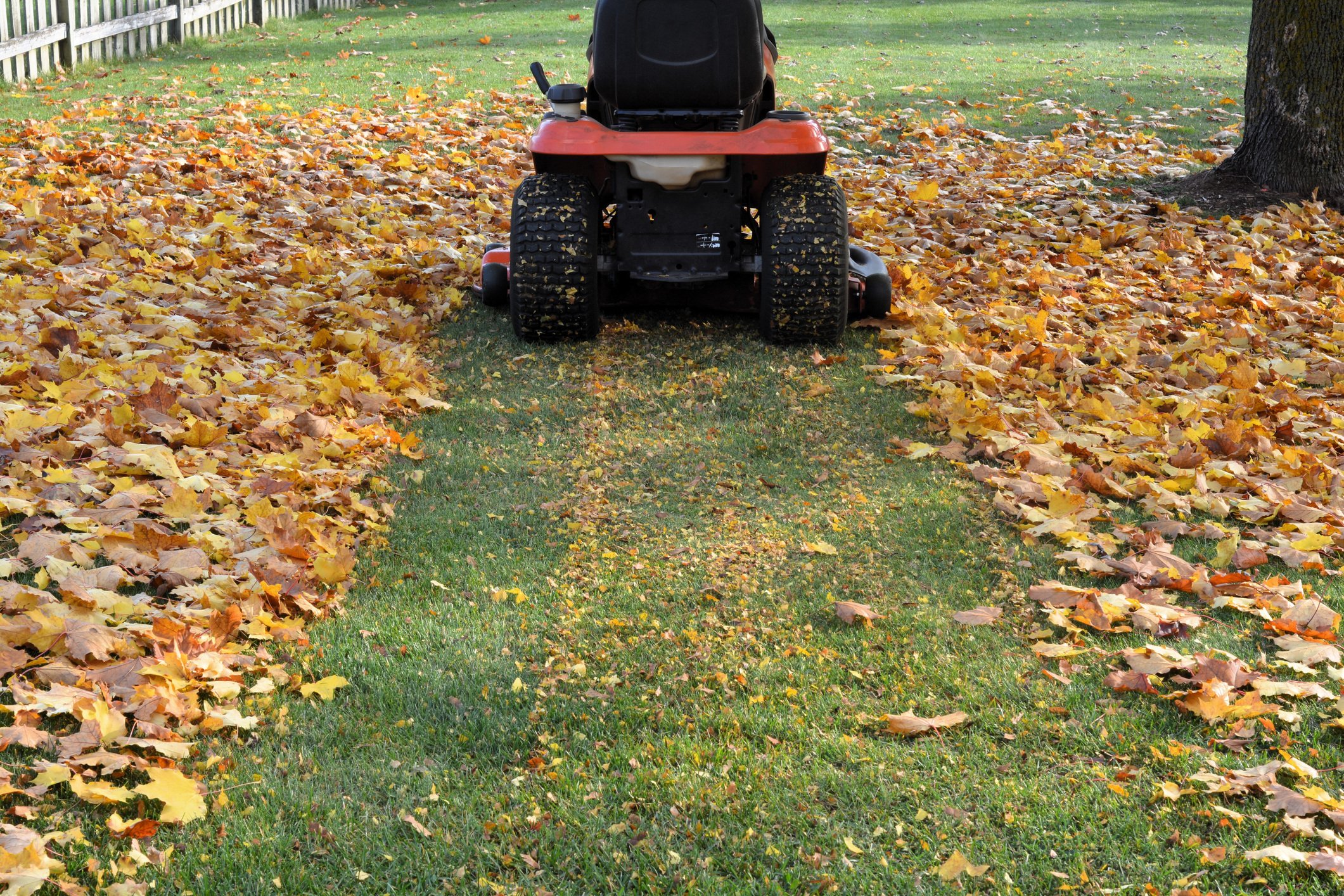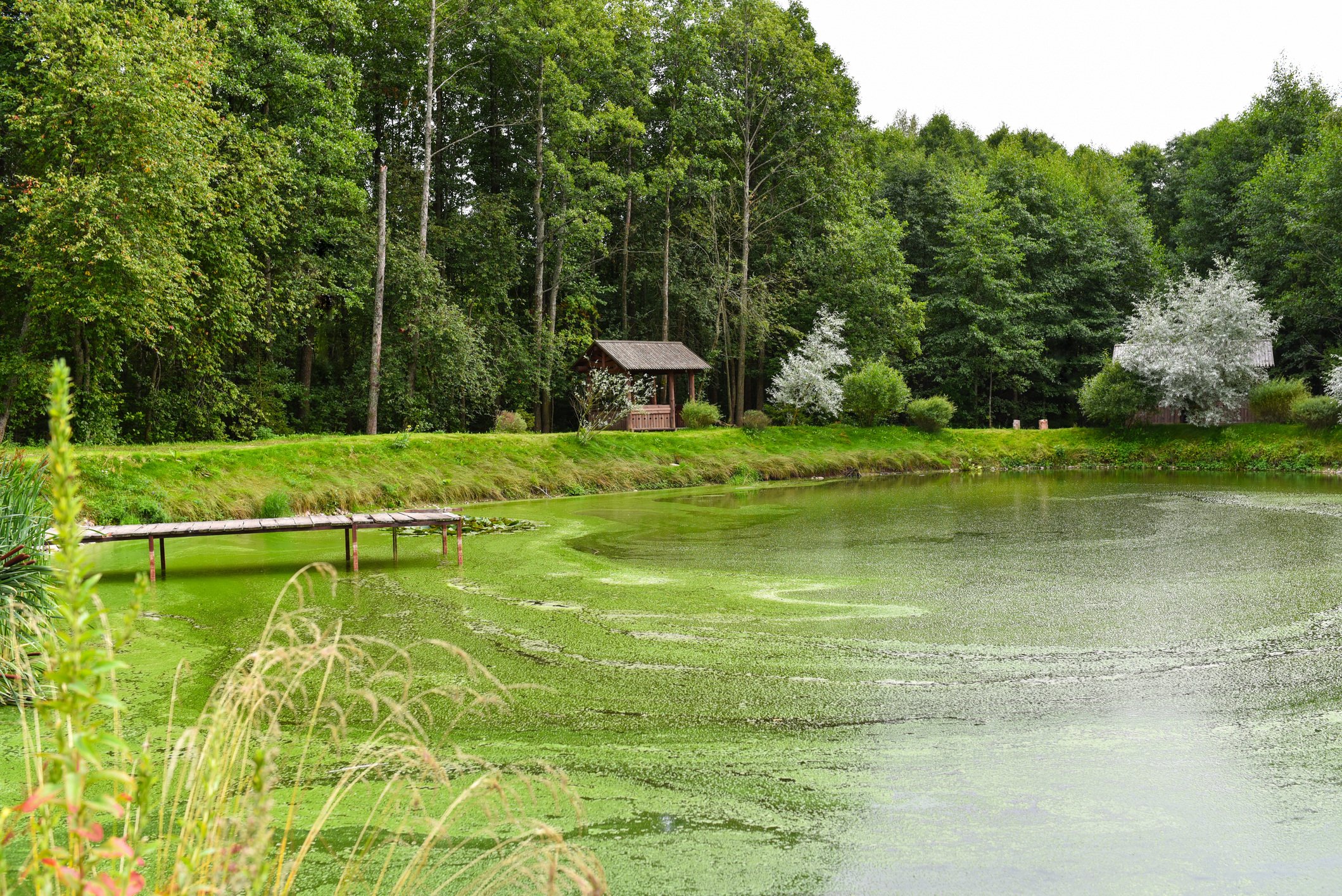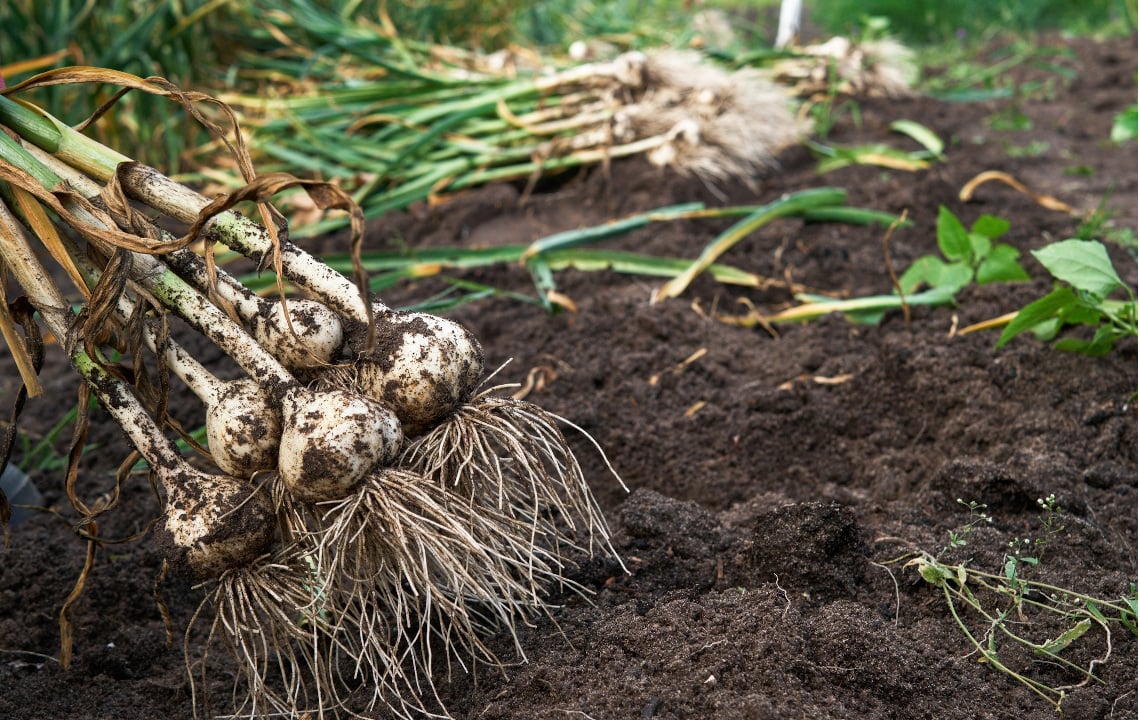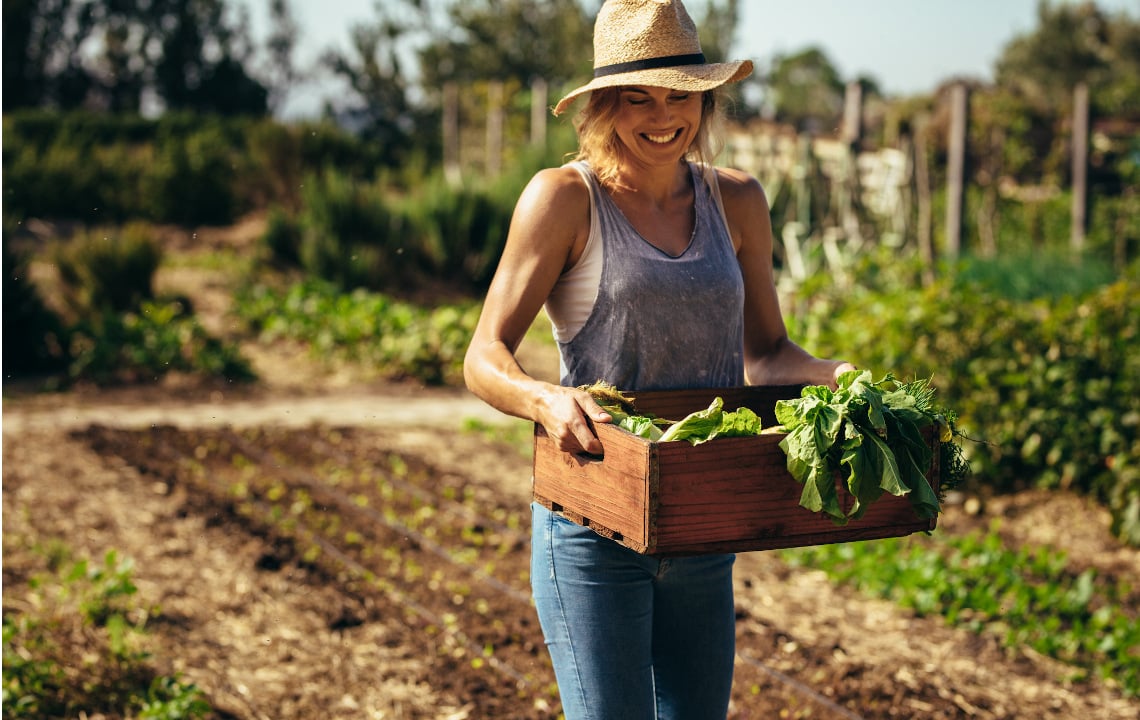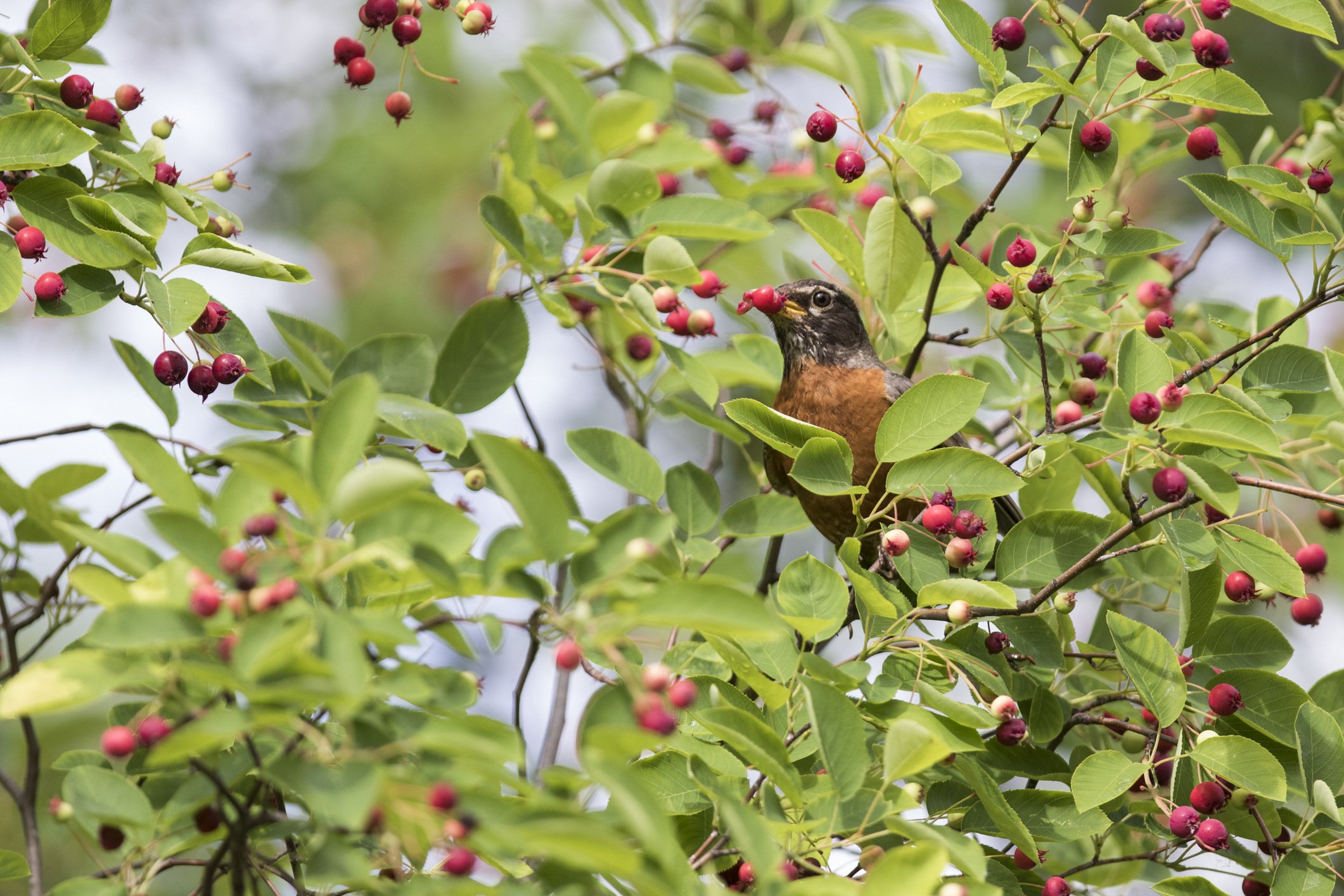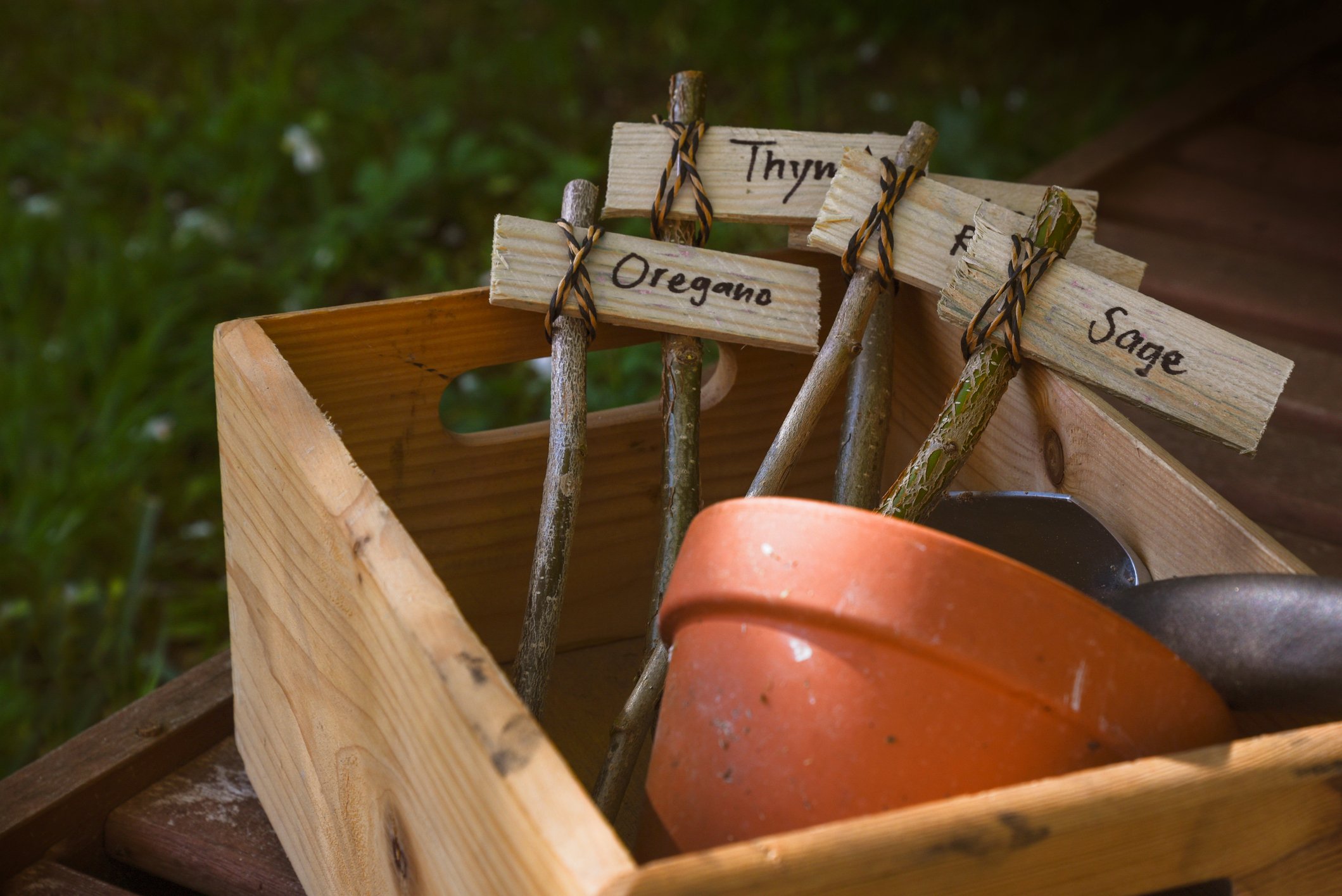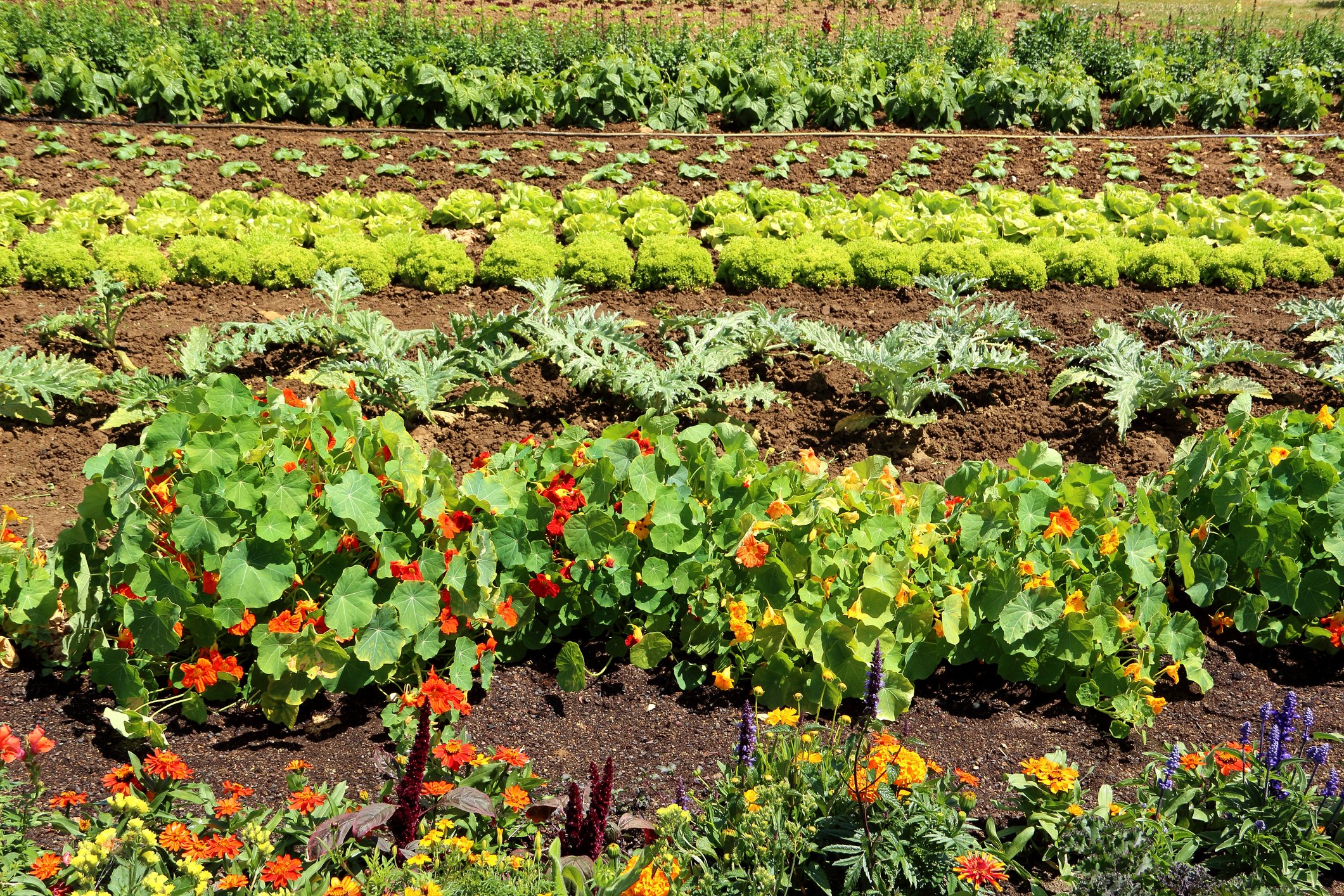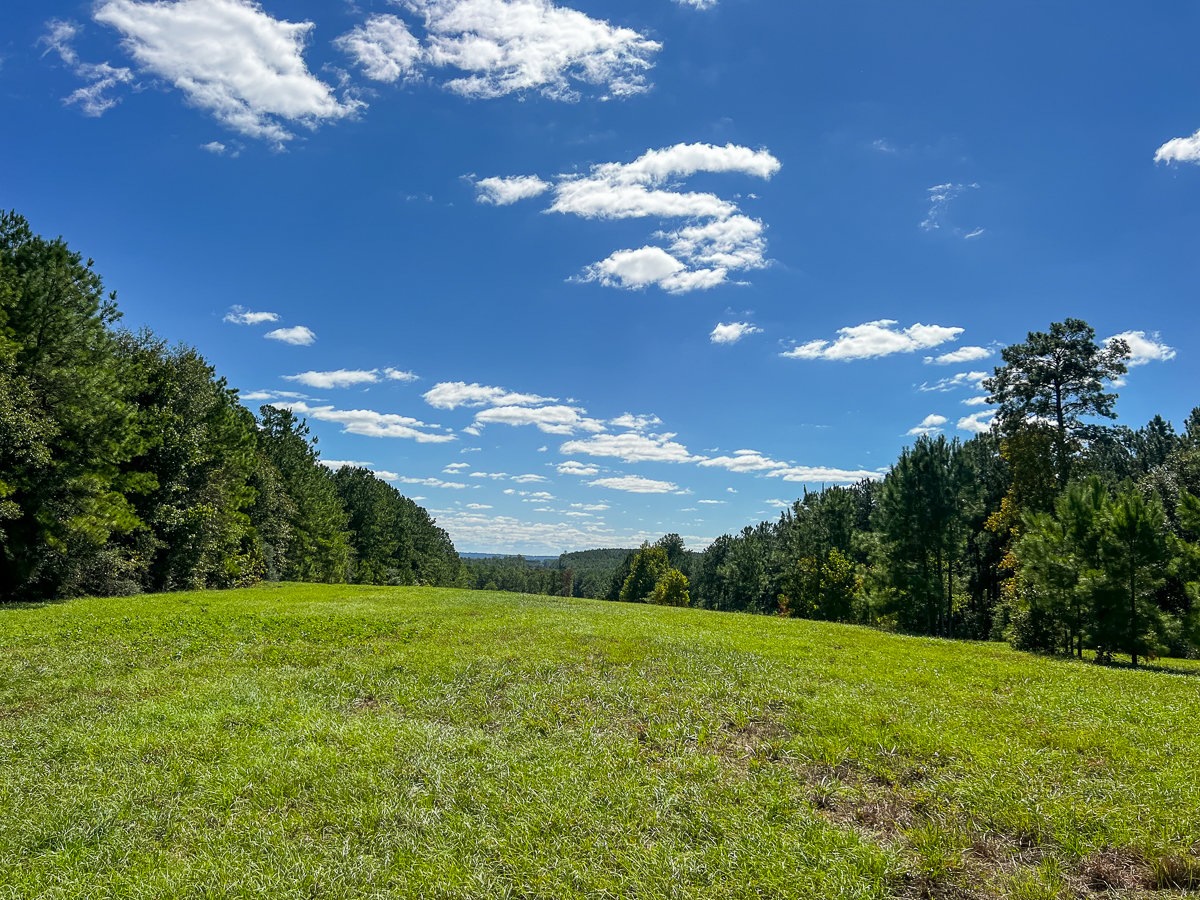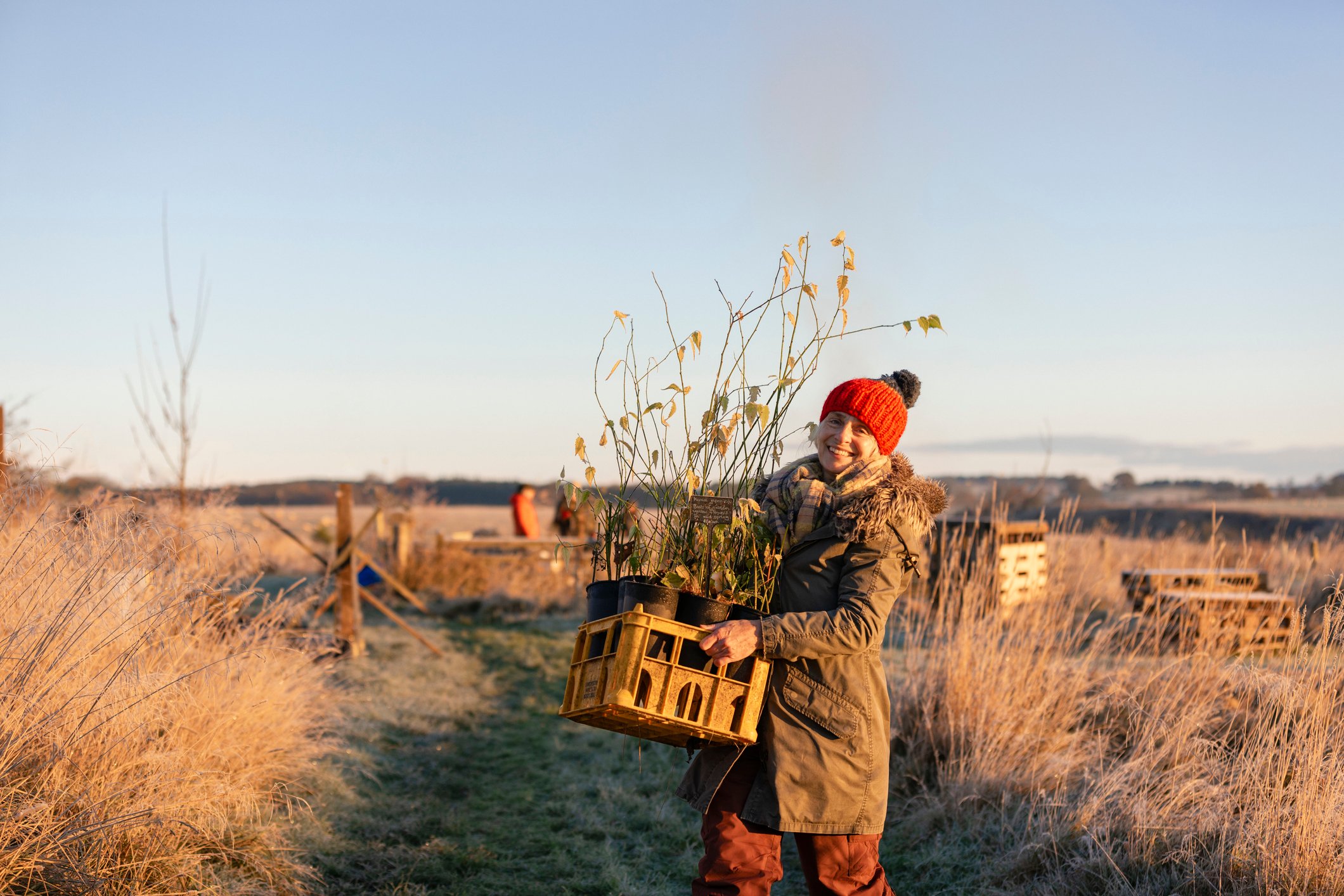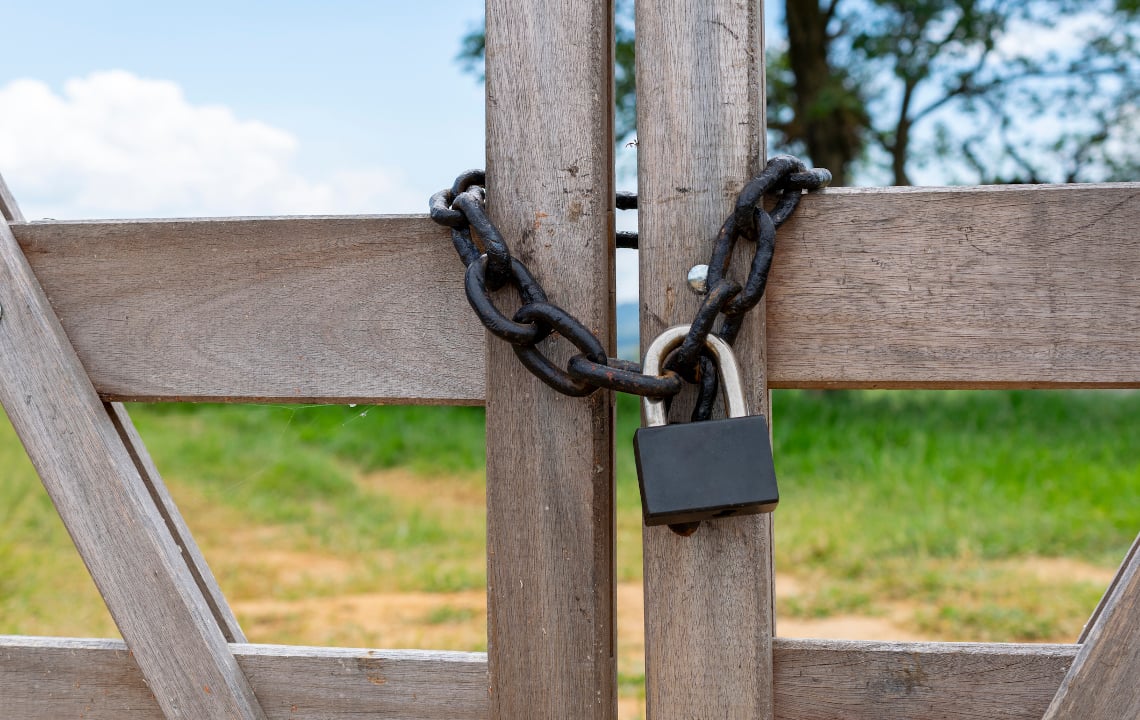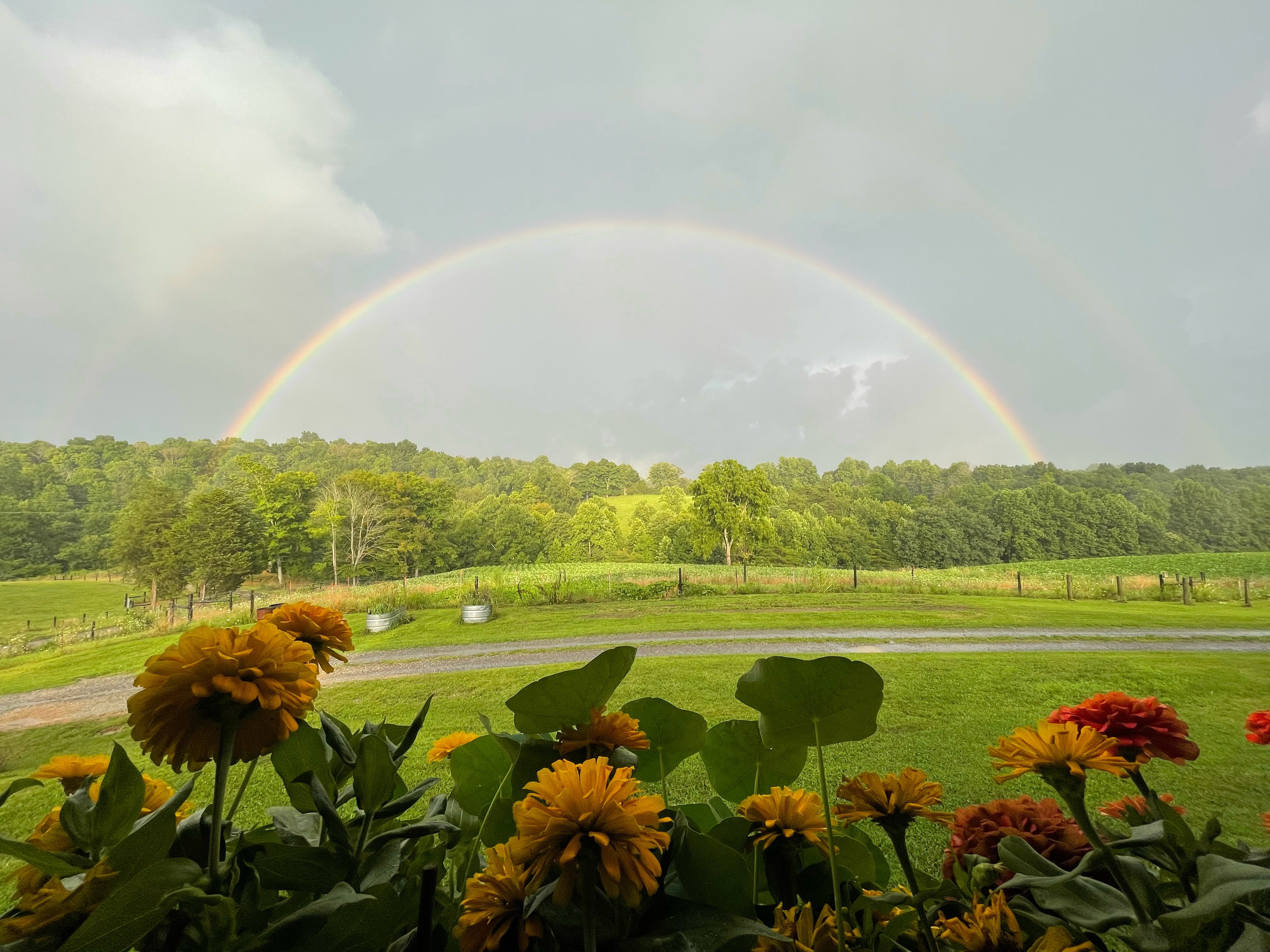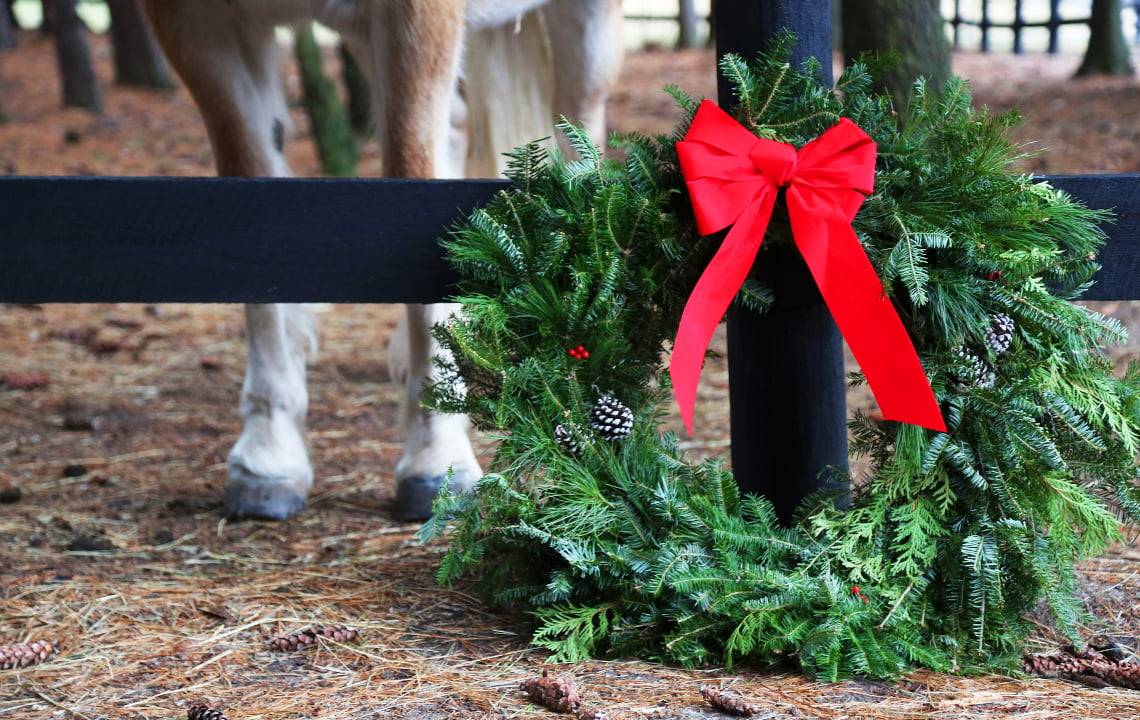Thinking of getting a donkey as a guard animal, draft equine, or companion? We talked to an expert from the Donkey and Mule Society to find out what you need to know before adding a donkey to your rural land or farm.
The answer is—it depends. Donkeys can make great partners. This sturdy member of the equine family can plow, haul, carry and even guard. But there’s a lot to consider before welcoming a donkey onto your land.
The decision to purchase a donkey is a lot like deciding to bring on any other livestock. The first step is education.
“Anyone purchasing any equine for the first time needs to read up on equine owning,” says Leah Patton from the American Donkey and Mule Society. “It’s not really like having a dog or cat or even a goat or cow.”
Beyond scouring the Internet, go to people who have donkeys and ask how they integrated them. Patton also recommends taking an experienced friend along when you’re ready to buy.
Do you think Donkey ownership is for you?
We asked Patton for a crash course in these beasts. Here’s what she said:
What value can a donkey add to a small farm or homestead?
A donkey can be used in place of a small tractor. Plowing, carrying small loads, timber logging, these are the most common aspects a draft equine will perform on a farm or homestead.
Have you noticed an increase in the number of country dwellers or small farmers interested in adding a donkey to their team?
Animal farming popularity is regional and cyclical. For a decade something might be popular, then will fall out of popularity and favor for a number of years. Younger generations are once again interested in going green and living off-grid and off the land, but it is a small portion of the population. Some will add a donkey or mule or ox to their team, but most will not have the land space to warrant it.
I've heard Donkeys can be good guard animals. Can they take the place of, say a dog?
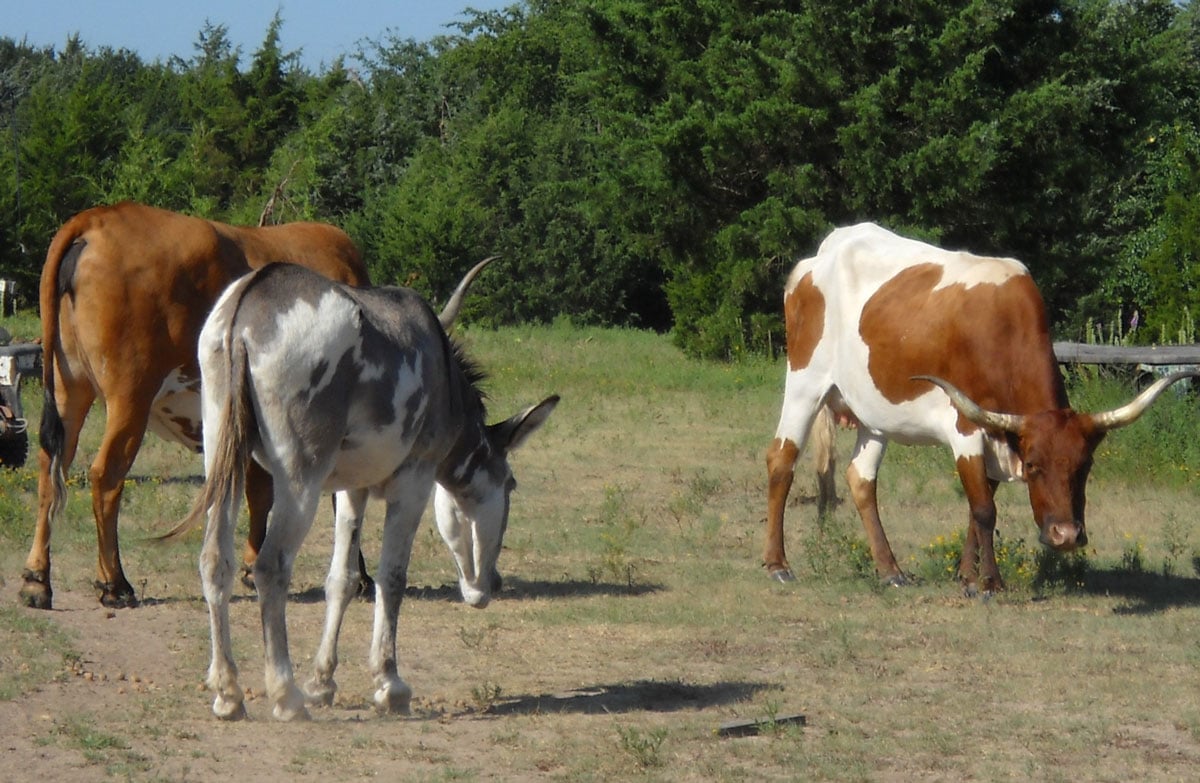
Spotted Large standard donkey gelding with longhorn cattle. Owned by/Photo by Leah Patton.
SOME (huge emphasis) donkeys can be good guard animals—not every donkey will guard, neither will every dog. Standard or Large standard mature jennets or geldings, raised with smaller livestock are the only type we ever recommend. No jack should ever be considered for a guard donkey, and miniatures are not suited. No one donkey can hold off a pack of feral dogs, either.
Donkeys are best suited where coyotes might be a problem, but even then they cannot work miracles. If dogs, large cats or bears attack, the donkey most often ends up the victim as well.
How does adding a donkey differ from integrating other types of livestock or horses onto a farm?
Donkeys are equines, as are horses and mules. The owner must be aware of the needs of an equine: feed, pasture, fencing, shelter, vaccinations, hoof and tooth care, routine health checks, transportation, etc. A donkey or horse or pony needs a minimum of half an acre, more if state laws require it. There must be sufficient fencing to keep the animal on the property. Shelter should be provided from weather extremes (shade, or wind protection).
Donkeys do get along on less food of a much lower protein content that horses, and that needs to be taken into account. Donkeys are easy keepers—meaning they can gain weight quickly, but still proper feed and exercise has to be available.
What should homesteaders consider before making the decision to get a donkey?
WSF Princess Winnifred, Draft mule mare (Mammoth Jack x Percheron mare). O/B P/B Leah Patton
Before getting any equine, owners should ask themselves if they are ready for the daily commitment. Hooves need to be checked for stones and hard-packed material daily. Brushing the coat daily is useful. Feeding (especially on dry lot) may be necessary twice a day. Hooves should be trimmed every 6-8 weeks depending on wear.
Unlike a car or tractor that can sit for a few days or even weeks and still perform, an animal cannot be expected to be turned out for weeks and suddenly be brought in for heavy work. One must think of the draft animal as a partner and not a machine.
In addition there are bills to be thought of—minor or major vet care, feed, wormer, trimming, equipment (halter, harness, grooming tools). While these may be smaller than the output for a tractor, they will add up over time. It still may be cheaper than the output for purchasing a tractor, but they will still add up.
How should I go about purchasing a donkey?
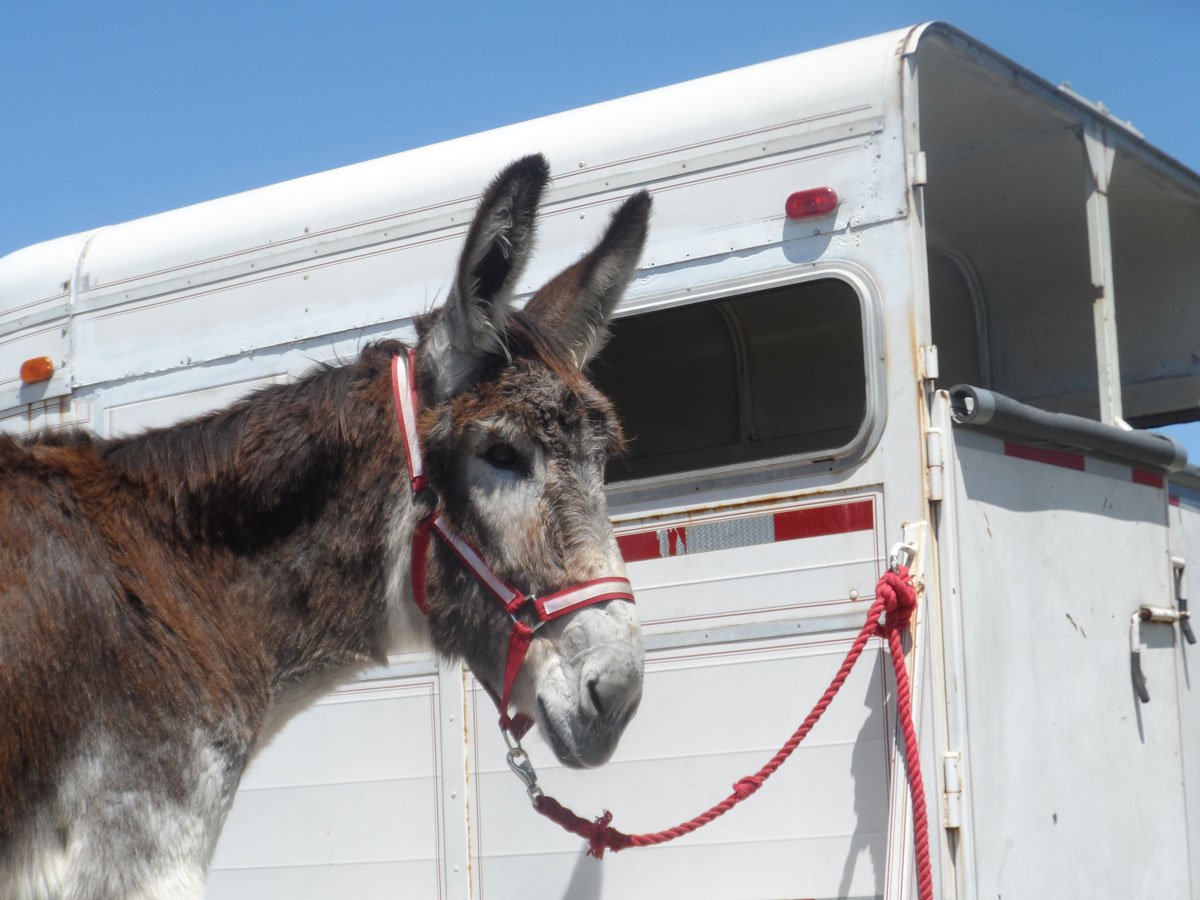
Mammoth gelding Romulus, Owned by Cara and Phil Yellott of Michigan, photo by Leah Patton
Purchase an animal already trained at what you want it to do; make sure to ask a lot of questions, don’t hold back. Don't be afraid to say no. Have a budget and stick to it. Get the animal that is right for your needs and not something that is going to need work or training (equines, unlike tractors, are not fixer-upper-projects). Find a good contract and use it. Get it in writing!
Donkey vs. Mule
While often used interchangeably, there are differences between donkeys and mules. Donkeys bred with other donkeys produce donkeys. When a male donkey (jack) is bred to a female horse, the offspring is a mule. If a stallion (male horse) breeds with a female donkey (jennet) the offspring—male or female—is a hinny.
So, which one is right for you?
“Mules are probably better in the long run for farm-work animals than donkeys,” says Patton. “Equines are fight-or-flight animals. Donkeys will stand their ground; horses will run. A donkey is more likely to expend only the amount of energy needed for here-and-now, while a horse will work much longer. Mules, for the most part, take more after the horse parent in that aspect.”
To learn more about donkeys, mules, and more check out the Donkey and Mule Society’s website at: www.lovelongears.com.


